Two death penalty cases and free speech at animal facilities
SCOTUSBlog
DECEMBER 10, 2021
In June 2020, the Supreme Court issued a summary reversal – meaning it decided the case without merits briefing or oral argument – in Andrus v. In an unsigned opinion, the court ruled that Terence Andrus had demonstrated that his lawyer provided deficient performance at sentencing for failing to investigate or introduce mitigating evidence.


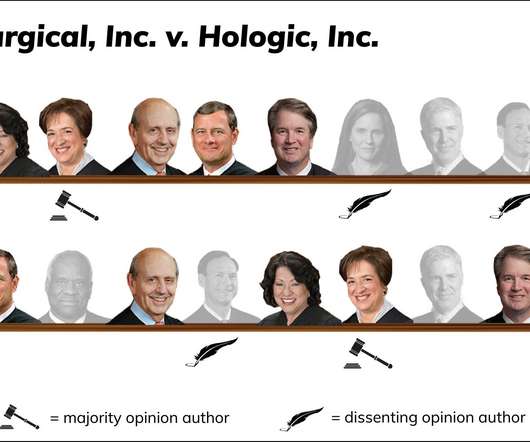
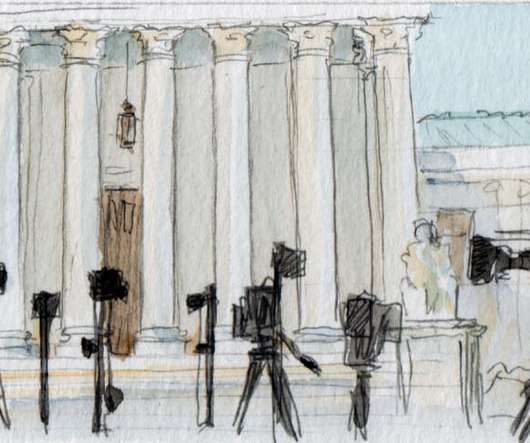
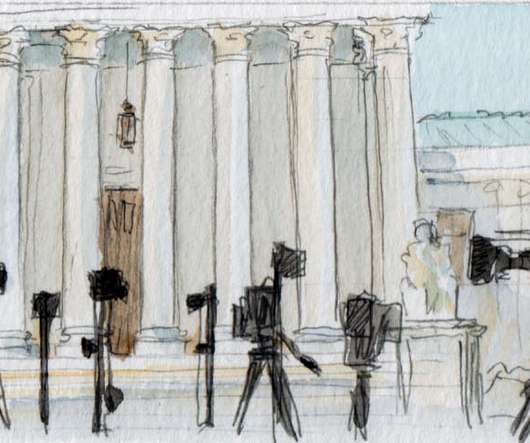

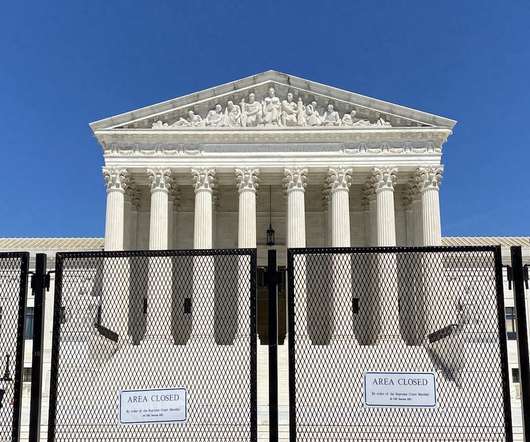
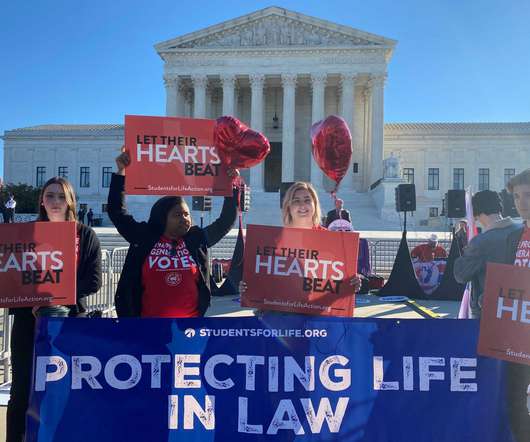








Let's personalize your content